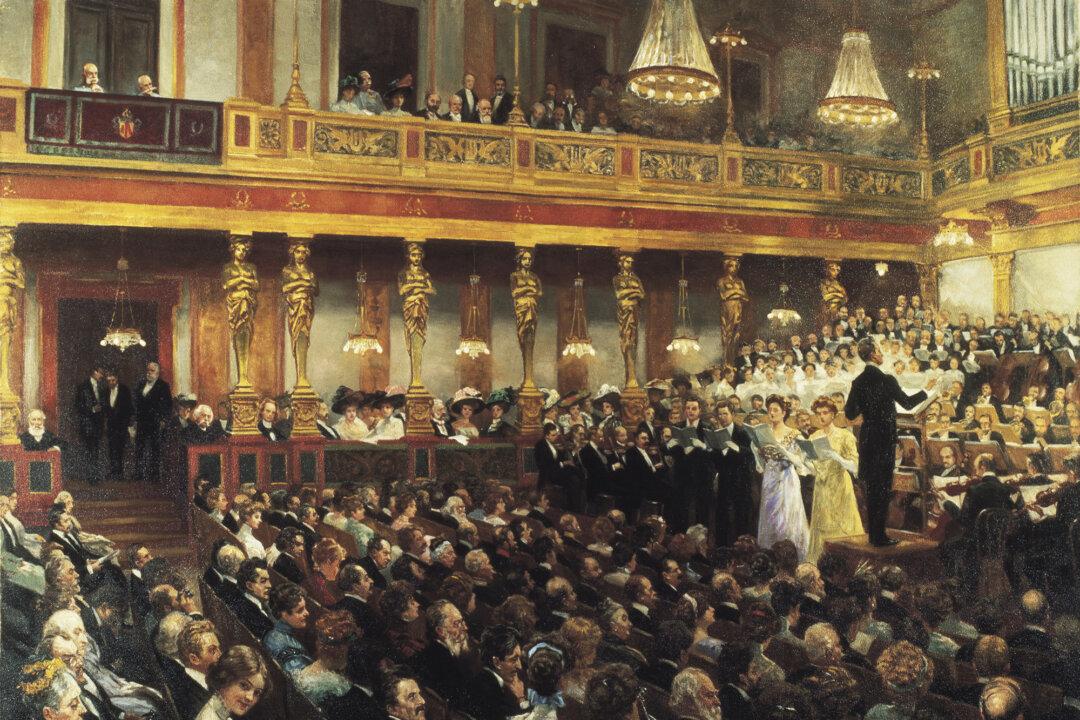The wedding industry is booming in the post-COVID world. Yet the fuss over wedding flowers, gowns, and photographers can’t cover up an ever-growing reality: A large portion of the American adult population is single.
Nearly half of Americans over the age of 18 land in this category, according to the Census Bureau, and 62 percent of that group have never been married at all. That means there’s a high chance every one of us has a friend or two still in the dating market. And, of course, being the helpful friends that we are, we’ve probably asked them some form of the following question: “Have you tried online dating?”






